48 HOURS IN MUNICH: A Bavarian Symphony in 4 Movements
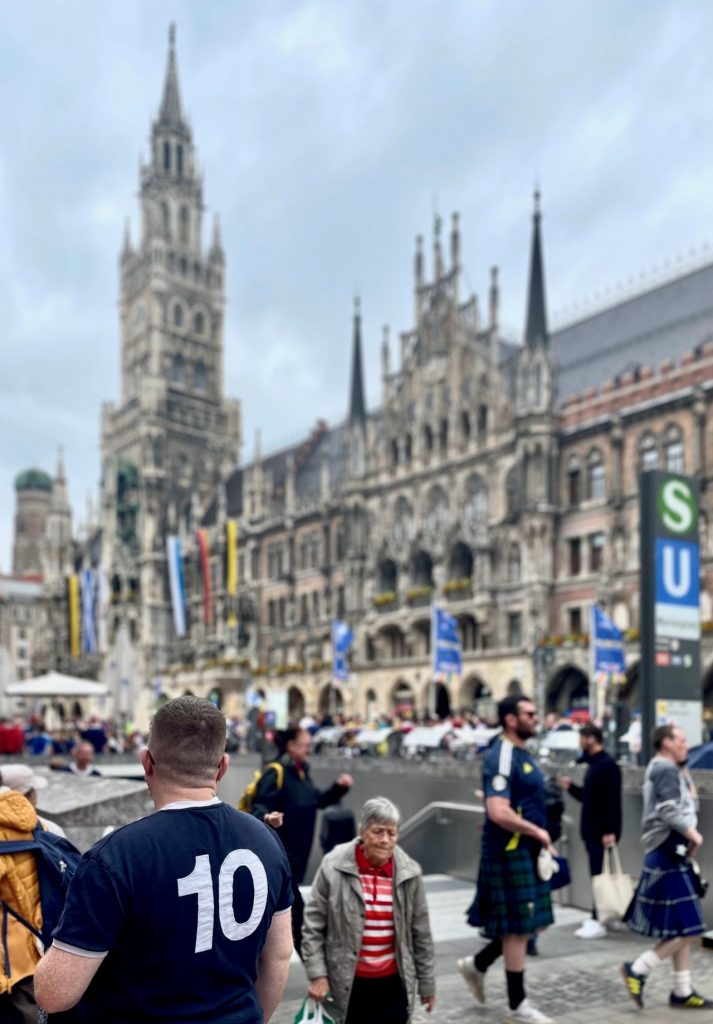
The words ‘bucket list’ are used often by people of my generation. Perhaps more regularly by men than women, and probably – as in the following case – to justify a rash decision or an exorbitant expense that would otherwise be considered foolhardy, or hugely self-indulgent. Scotland’s qualification for only their third major finals since 1992 prompted the David F Ross list to be exhumed and quickly assessed. Having done so, it dawned on me that, buried way down on page eight, ambition #137 on my Things-To-Do-Before-I-Snuff-It itinerary was to watch Scotland’s national football team take part in a major tournament overseas.
‘66’ by Paul Weller Album Review by David F Ross
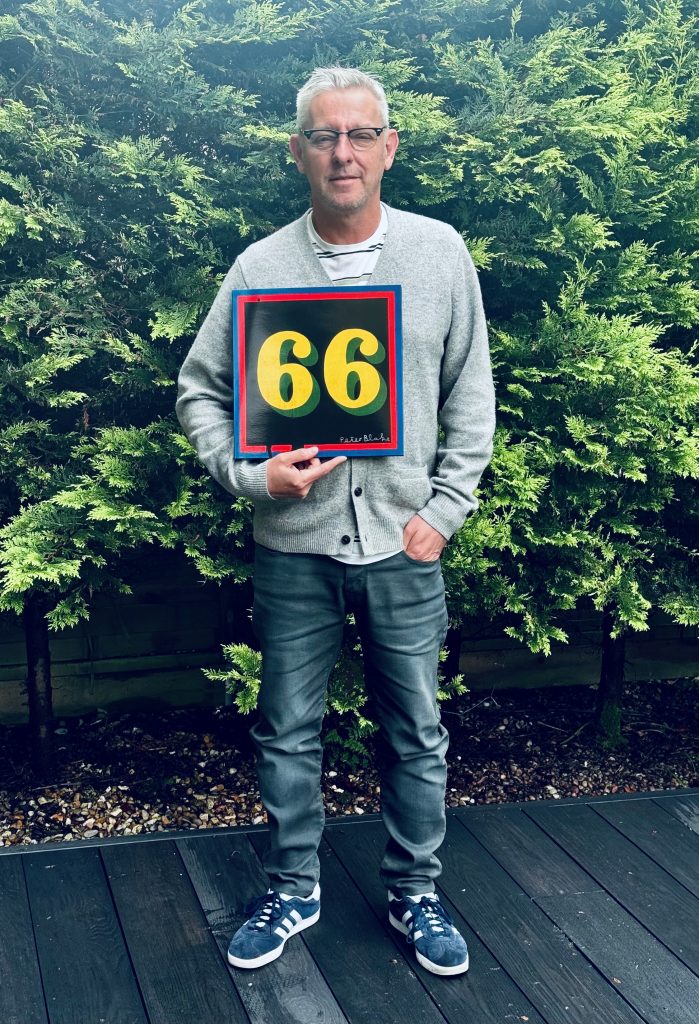
On the 16th March 1984, I got up at a ludicrously early hour for a slovenly nineteen-year-old. It prompted raised eyebrows in my household because it was so far removed from my usual behaviour pattern back then. The reason for this normative departure? The release of Cafe Bleu, the first album from Paul Weller’s post-Jam musical collective, The Style Council.
And What You Give Is What You Get
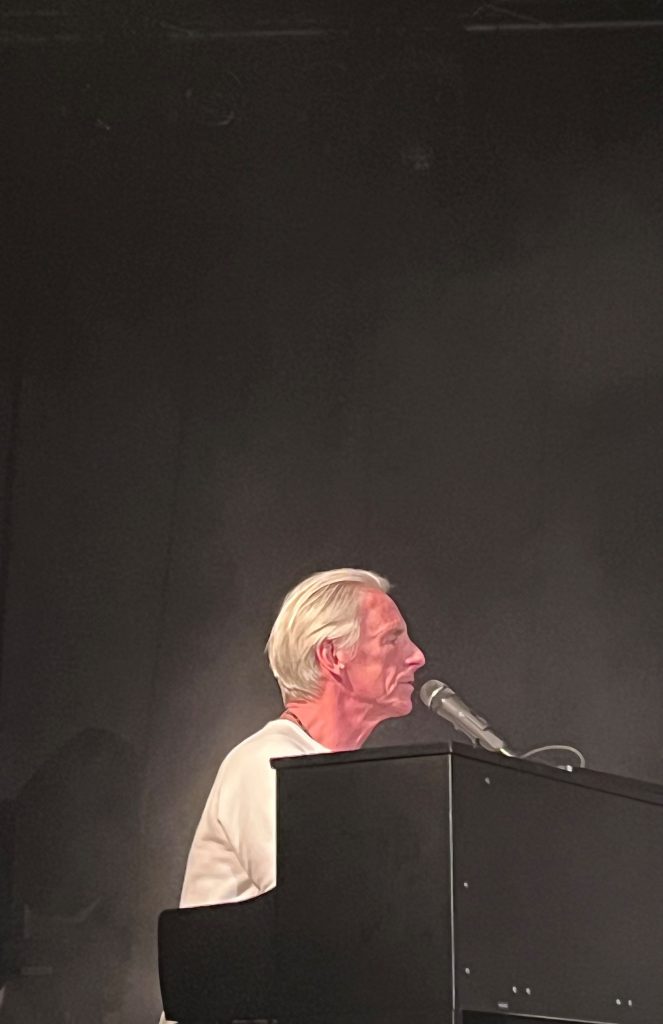
Into Creative Live review: Paul Weller (with Maxwell Farrington & Le Superhomard)
Große Freiheit 36, Hamburg
16th May 2023
When I was a child, I wanted to be a cowboy. I had my photo taken on stage with one during a family holiday at Margate in the late 60s…
This Is Not A Love Song
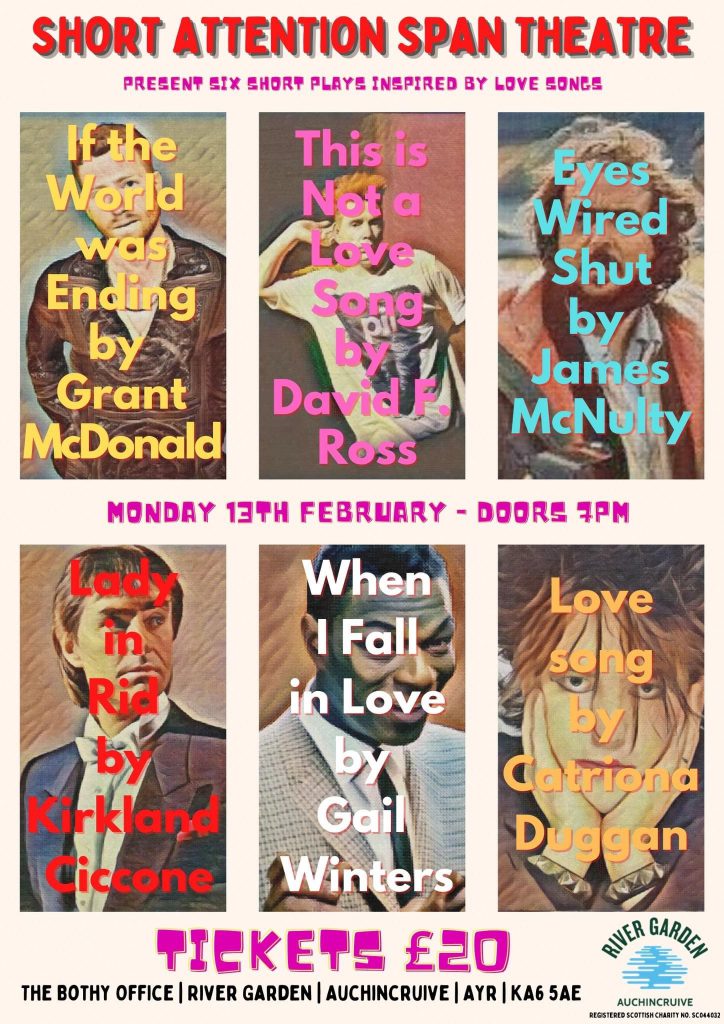
Danny and Raymond are brothers. They aren’t close and there has always been tension between them. Raymond is cocksure and aggressive; Danny is quiet and sensitive. Danny has recently returned to their home village after than a decade away. Raymond is in prison for violent assault.
The scene takes place in the visiting hall of a Glasgow prison in the mid-90s. As the scene begins, Raymond is seated at a small table, confidently swinging in his chair and nodding to other prisoners and their visitors. Danny enters hesitantly walking towards the table as Raymond raises an arm…
In The (15-Minute) Neighbourhood
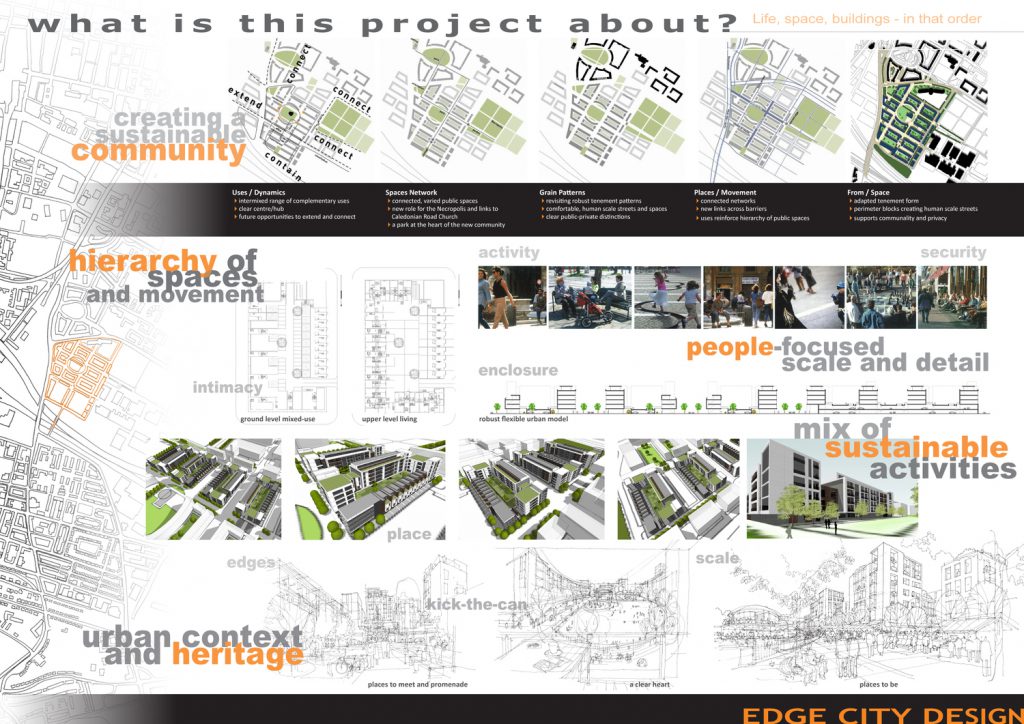
Our relationship with our localised community has recently become complex and multi-layered. Perhaps it was always thus but we just didn’t have cause to analyse it so closely. The shock of the pandemic and the impact it has had on all we take for granted has left many of us looking at our immediate context differently. Being forced to live with restrictions on movement has led us to re-examine the attractions of an environment in which everything we need for a fulfilling lifestyle is close at hand. Our willingness to adapt to a new situation is more than just merely seeking to make sense of the reasons why we must. Or to stoically make the best of a bad situation. It’s a recognition – however reluctantly acknowledged – that much of what we did pre-2020 wasn’t necessarily by design.
Eight Albums
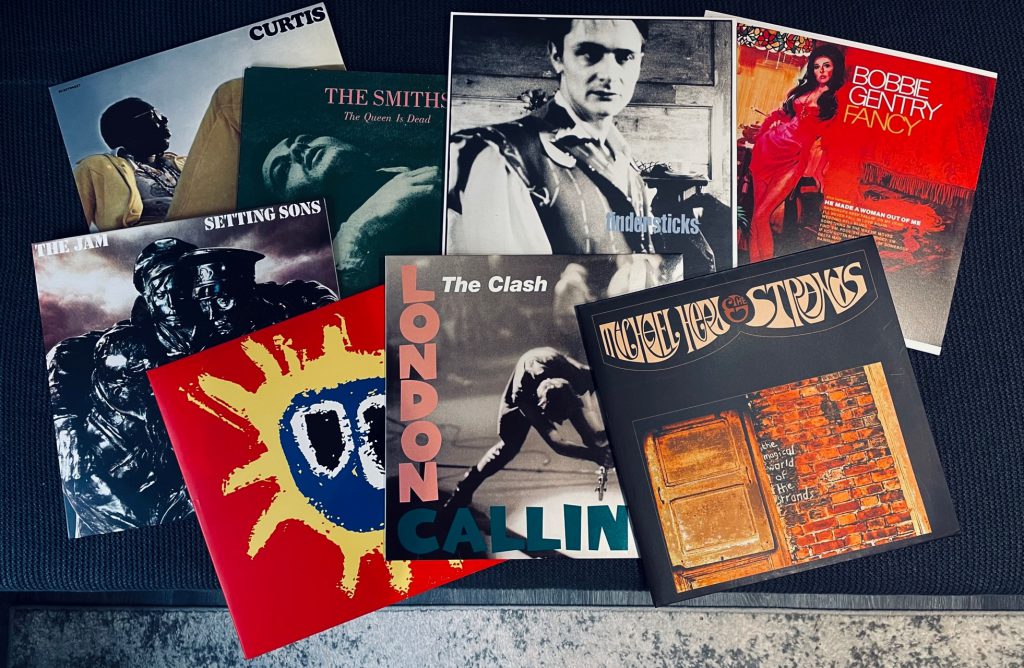
01: The Jam, Setting Sons (1979)
Paul Weller has inspired me in so many ways. I’m far from unique in that respect. The haircuts, the Lonsdale t-shirts, the boating blazers, Dennis the Menace button badges etc … there was an identikit army of us back in the late 70s and early 80s. The ‘Spokesman for a generation’ tag sat uneasily on Weller’s head but his influence on a largely male teenage demographic was palpable. And it principally came from a phenomenal run of singles propelled by direct, identifiably personal lyrics about the pains (and sometimes the pleasures) of growing up in the societal rubble of Thatcher’s Britain.
A Brave New World: Modest and Pragmatic
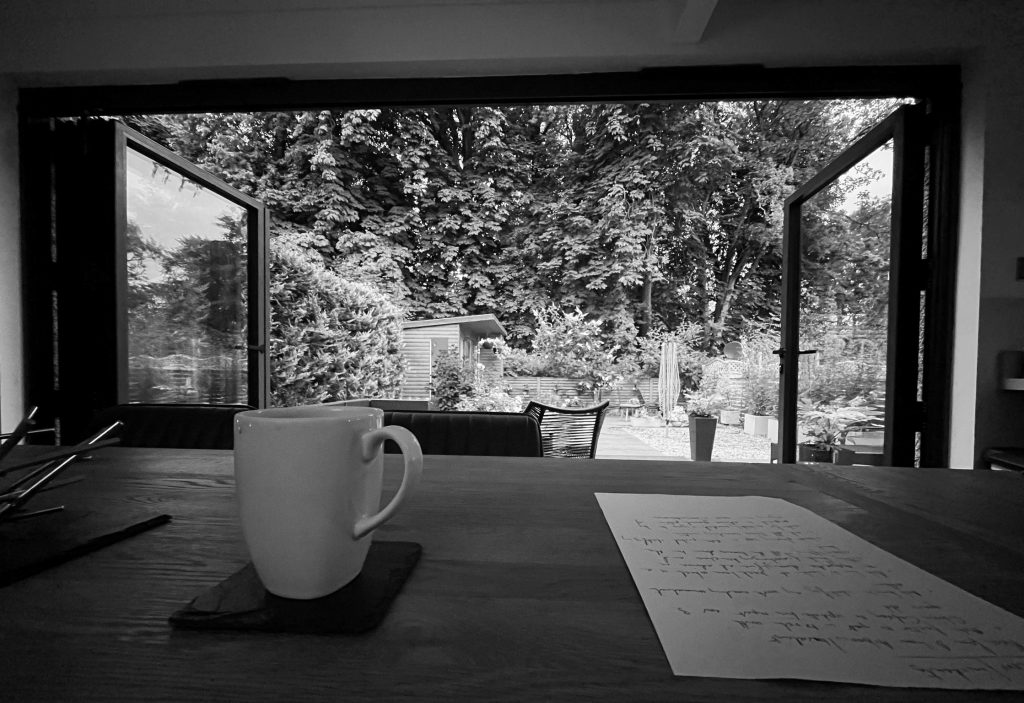
What will the cities of the future be like? It’s an intriguing question and one which – of all the professionals involved in the creation of our built environment – architects are best placed to respond to. Imagining the future is a pastime which all designers indulge in. It is usually supported by other media which has considered the issue for its own ends. Films such as Metropolis, Blade Runner, The Fifth Element or Brazil are traditionally favourites of many architects because of a vivid depiction of a type of future-city which technological advances underpin.
A New State of Independence – By Judithea Montgomery
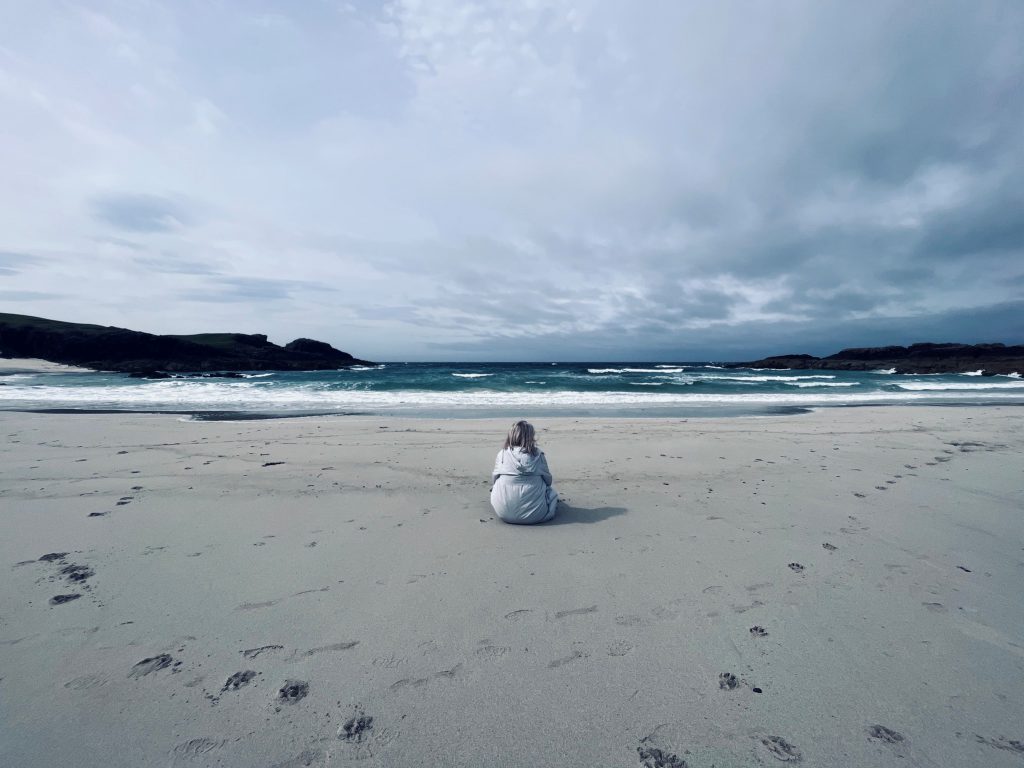
There are some incontestable certainties about Britain that the Scottish people will wake up to today. Firstly, and most obviously, it’s still actually there. As an outside observer to the YES and NO arguments, I might have assumed the physical location of the land mass was going to change; to be anchored further out to sea, making it even harder for the other people to get to.
The Low Expectations of the Bowery Bums – By Judithea Montgomery
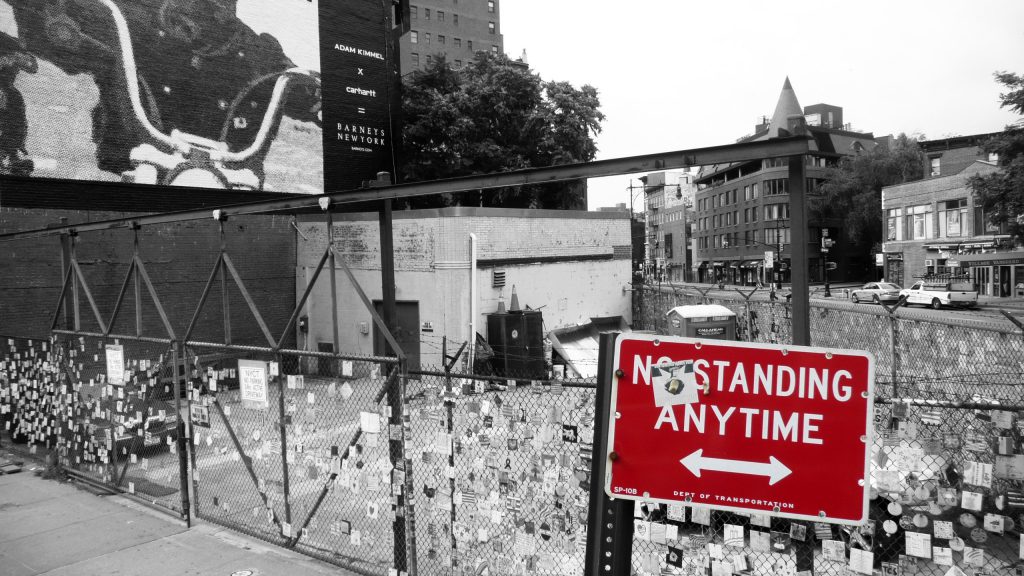
I have a friend who thinks very differently about life. Both of us occupy the same streets, by and large. Our routines are governed by the same seven-day-week time structure, but we don’t have the same resources. We navigate the same seasonal cycles, the comparative freedom of summer and the restrictive dangers of winter. Thriving or surviving. Sometimes, just. My friend and I are representative of this city’s poor huddled masses; incomers or immigrants drawn towards New York City, magnetized by the temptations of opportunity.